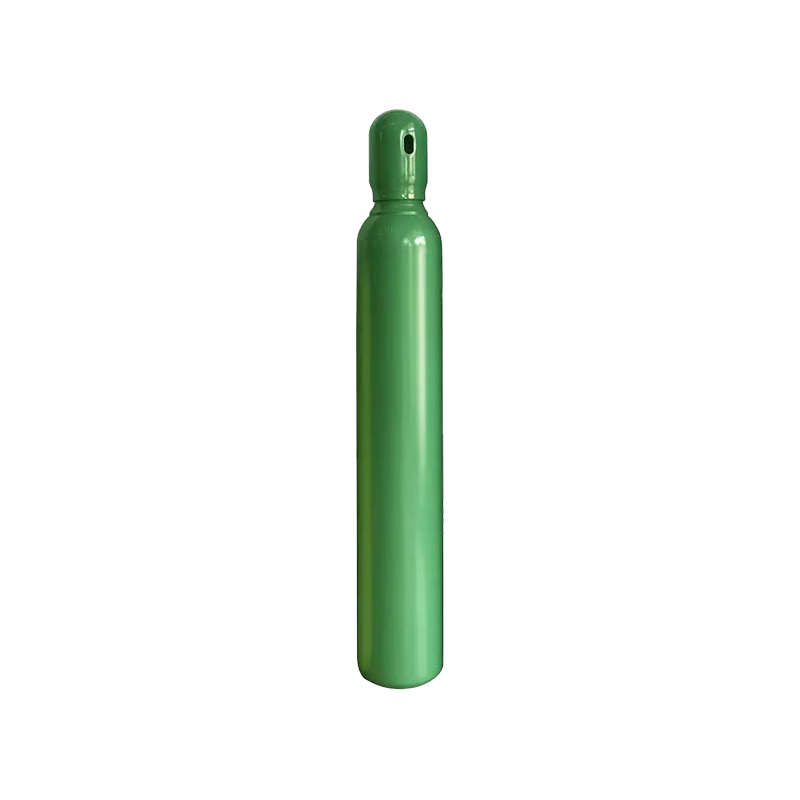Gas cylinder are a common sight in many households and industries, but do we really know all there is to know about them? From safety tips to practical usage advice, this comprehensive guide will cover everything you need to know about gas cylinders. So, sit back, relax, and let’s dive into the world of gas cylinders!
Gas cylinders come in all shapes and sizes, but they all have one thing in common - the potential for danger if mishandled. According to the U.S. Bureau of Labor Statistics, there were over 5,000 workplace injuries related to compressed gas cylinders in the past year alone. To ensure your safety and the safety of those around you, it’s crucial to handle gas cylinders with care and follow proper storage and usage guidelines.
When it comes to using gas cylinders, proper handling is key. Always inspect the cylinder for any signs of damage before use, such as dents, rust, or leaks. Additionally, it’s important to secure the cylinder in an upright position at all times, whether in storage or during use. Improper handling or storage can lead to leaks, which can result in serious accidents or even explosions.

In addition to safety, understanding the different types of gases and their specific uses is essential. For example, propane is commonly used for heating and cooking, while acetylene is used in welding and cutting applications. Using the wrong type of gas for a particular application can not only be inefficient but also dangerous. Always refer to the label on the cylinder to ensure you’re using the correct gas for the task at hand.
Gas cylinders are a ubiquitous part of our daily lives, from powering our grills to fueling industrial processes. By following proper safety protocols, handling guidelines, and understanding the different types of gases, we can ensure that gas cylinders remain a safe and efficient tool for years to come. So, the next time you reach for that gas cylinder, remember the tips from this guide and stay safe!
